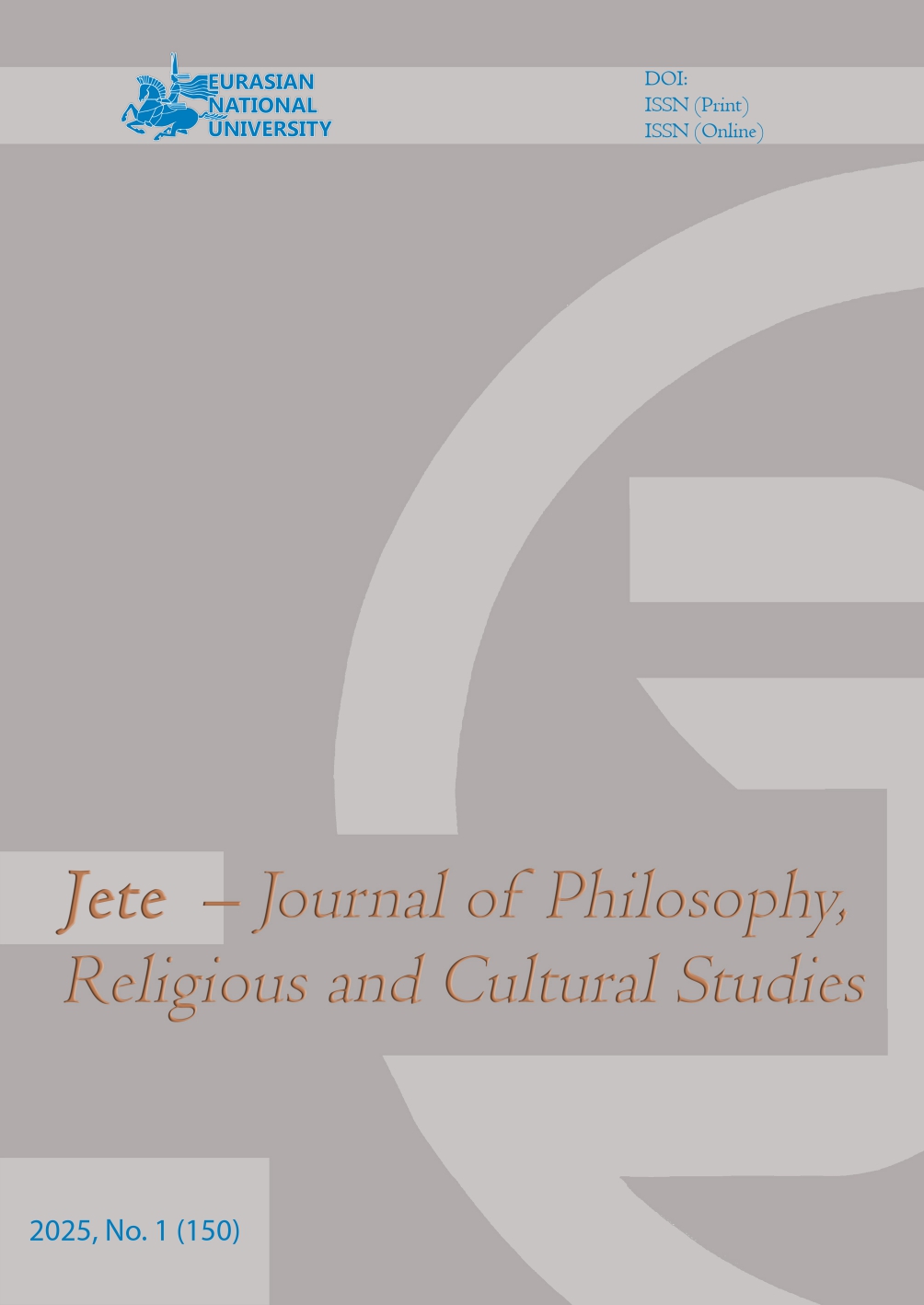The role of major ethical theories in the era of technological globalization
Views: 19047 / PDF downloads: 178Keywords:
ethics, utilitarianism, deontology, technologies, contractionism, categorical imperative, duties, prescriptions, pluralism, moralityAbstract
The article explores the application and adaptation of traditional ethical theories to the contemporary technological landscape. It is noted that modern society is steadily approaching the threshold of a technological revolution that has the potential to radically change not only the structure of human existence but also the very understanding of values and norms in our lives. Aspects related to issues such as privacy, data security, automation, and the impact of technology on communities are analyzed. The XXI century has witnessed an unprecedented surge of technological advances that have changed the way of life, work, and interaction with the world. The ethical aspects of these changes and their consequences for society and individuals are considered. An overview of key ethical theories and concepts is given: utilitarianism, deontology, social contract theory, etc. Their main advantages and disadvantages are established in the context of applicability to solving ethical problems set by the modern technological paradigm. The article examines how these theories are applied to ethical challenges arising in connection with new technologies of global communication. It is demonstrated that ethics is not just an abstract concept, but is an integral part of the daily life of modern society, in which people have to make responsible decisions every day in conditions of total technological (information) connectivity. It is concluded that the absence of ethical norms can lead to destructive consequences, and that the development of moral responsibility becomes an imperative requirement. The effective application of ethics today becomes a necessity for creating a sustainable and harmonious world.
Downloads
Downloads
Published
Issue
Section
License
Copyright (c) 2025 Ali Rafet Ozkan, Samal Adylkhanova, Nursultan Sarsenbekov

This work is licensed under a Creative Commons Attribution-NonCommercial-NoDerivatives 4.0 International License.









